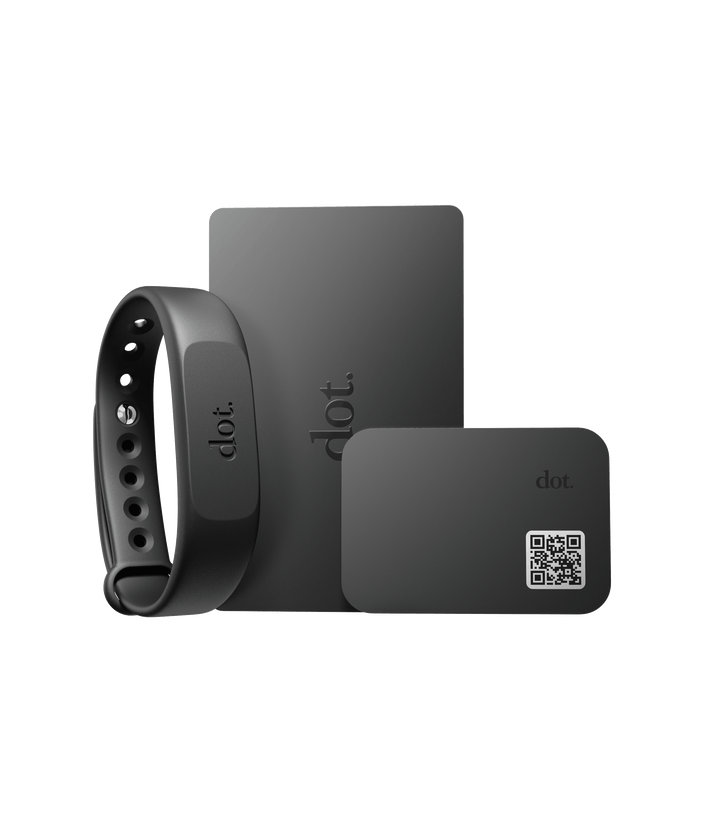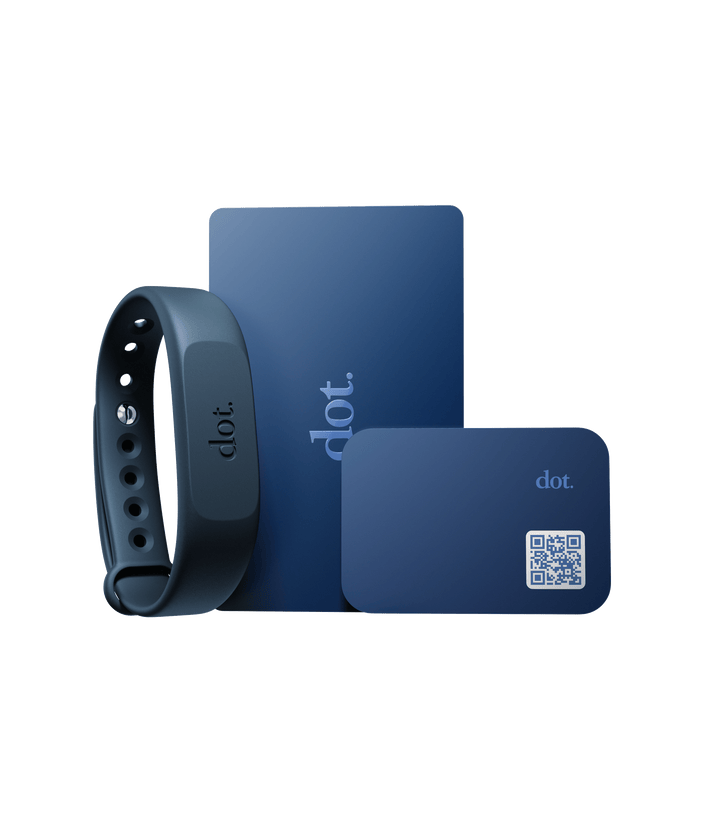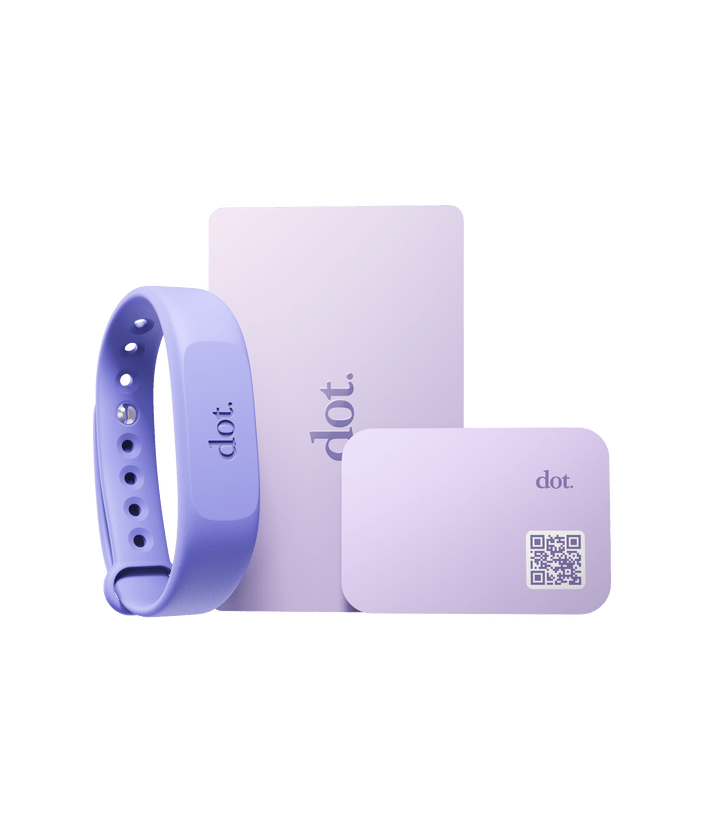If you’ve started a small business and are wondering just how you can take it to the next level, look no further than the power of marketing. Marketing is essential for small businesses to reach their target audience and build a strong brand. With so many marketing strategies available, it can be challenging to know where to start. That’s where we come in!
If you’re interested in unlocking the power of marketing for small business owners such as yourself, we'll be detailing effective marketing strategies for small businesses, including targeting your audience, leveraging social media, building your brand, using email marketing, and offering exceptional customer service all throughout this article.
Let’s dive in!
Know Your Target Audience
Knowing your target audience is crucial for effective marketing for small businesses. To create a clear picture of your ideal customer, you need to create a customer persona. A customer persona is a fictional character that represents your target audience. This character should have a name, demographics, interests, and pain points.
For example, let's say you own a small business that sells handmade candles. Your target audience could be people who are environmentally conscious, value natural ingredients, and appreciate handmade products. Your customer persona could be named Emma, a 30-year-old female who enjoys yoga, meditation, and has a busy lifestyle. She is concerned about the environment and the effects of synthetic fragrances on her health. By creating a persona like Emma, you can create a marketing message that speaks directly to her needs and desires.
Once you have created your customer persona, use this information to tailor your marketing messages. For instance, you could create marketing messages that emphasize the eco-friendliness of your candles, the natural ingredients used, or the health benefits of using essential oils. You can use this message across all marketing channels to ensure consistency in your brand messaging.
Leverage Social Media
Social media has become an essential tool for small businesses to reach their target audience. By leveraging social media platforms, you can reach a wider audience, engage with your customers, and build brand awareness. However, it's important to remember that not all social media platforms are created equal. Different platforms attract different demographics and require different types of content.
For example, Instagram is a visual platform that is ideal for businesses that sell products that are visually appealing. If you own a bakery, for instance, Instagram is an excellent platform to showcase your products, such as cakes, pastries, and bread. On the other hand, if you offer a service that requires more explanation, such as financial planning, LinkedIn might be a more appropriate platform to reach your target audience.
It's also important to choose the right social media channels that your target audience is using. For instance, if your target audience is composed of teenagers and young adults, TikTok and Snapchat are popular platforms to engage with them. If your target audience is more mature, Facebook and LinkedIn might be better options.
Once you have determined which social media platforms are right for your business, create a social media marketing plan that is tailored to each platform. This plan should include the type of content you will share, the frequency of your posts, and the metrics you will use to measure success. By creating a social media marketing plan, you can ensure that you are consistent in your messaging and maximize the impact of your social media efforts.
Build Your Brand
Building a strong brand is essential for small businesses to differentiate themselves from their competitors and establish a memorable identity. A strong brand encompasses everything from your company's logo and color scheme to your tone of voice and customer service.
To build a strong brand, start by defining your brand's personality. Ask yourself what values and emotions you want your brand to evoke in your customers. Do you want your brand to be seen as friendly, professional, or innovative? Your brand personality should align with your target audience's preferences and aspirations.
Next, create a brand identity that is consistent across all channels. Your brand identity should include your logo, typography, color scheme, and tone of voice. Make sure that your branding is consistent across all platforms, from your website to your social media profiles and printed materials. This consistency will help customers recognize and remember your brand.
Customer service is also an essential part of building a strong brand. Make sure that your employees are trained to provide exceptional customer service that aligns with your brand's values and personality. By providing an excellent customer experience, you can establish a positive reputation that will help you attract and retain customers.
Finally, monitor your brand's reputation regularly. Monitor social media and review sites to see what customers are saying about your brand. Respond to negative feedback in a professional and helpful manner, and use feedback to improve your products or services. By monitoring your brand's reputation, you can identify areas for improvement and make changes that will help you build a stronger brand over time.
Use Email Marketing
In addition to knowing your target audience, leveraging social media, and building a strong brand, there are several other effective marketing strategies that small businesses can use to reach their customers.
One strategy is to offer promotions or discounts to incentivize customers to make a purchase. For example, you could offer a discount code to new customers who sign up for your email list, or offer a buy-one-get-one-free deal for a limited time. These promotions can help attract new customers and encourage existing customers to make repeat purchases.
Another effective marketing strategy is to partner with other businesses or influencers in your industry. By partnering with a complementary business or influencer, you can reach a wider audience and establish credibility in your industry. For example, if you own a small business that sells natural skincare products, you could partner with a yoga studio or wellness influencer to promote your products to their followers.
Small businesses can also benefit from participating in community events or sponsoring local charities or organizations. By participating in local events, you can build relationships with customers and establish yourself as a community-minded business. Sponsoring a local charity or organization can also help build goodwill and attract customers who appreciate businesses that give back to the community.
Lastly, it's important to measure the success of your marketing efforts regularly. Use analytics tools to track metrics such as website traffic, social media engagement, and conversion rates. This data can help you identify what's working and what's not, and make adjustments to your marketing strategies accordingly. By continually analyzing and refining your marketing efforts, you can ensure that you are effectively reaching your target audience and driving business growth.
Offer Exceptional Customer Service
Small businesses can also benefit from optimizing their online presence, particularly their website and search engine optimization efforts, otherwise known at SEO. A well-designed and user-friendly website can help attract and retain customers, while effective SEO can improve your website's visibility in search engine results.
To optimize your website, start by ensuring that your website is mobile-friendly and loads quickly. Mobile optimization is particularly important since more and more customers are accessing websites from their mobile devices. A slow-loading website or one that doesn't display well on a mobile device can be a major turn-off for customers.
Next, make sure that your website's design and layout are user-friendly and easy to navigate. Your website should have a clear hierarchy of information, with important information and calls-to-action prominently displayed. Use high-quality images and videos to showcase your products or services, and ensure that your website's content is informative and helpful for customers.
Effective SEO is also critical for small businesses to attract customers through organic search results. Start by conducting keyword research to identify the terms and phrases that your target audience is searching for. Incorporate these keywords into your website's content, including page titles, meta descriptions, and body content. Make sure that your website's URLs are descriptive and include relevant keywords, and that your website's pages are organized into a logical hierarchy that makes it easy for customers to find what they're looking for.
In addition to on-page SEO, off-page SEO can also help improve your website's visibility. Off-page SEO includes activities such as link building, social media marketing, and guest blogging. By building high-quality links to your website and promoting your content through social media, you can improve your website's authority and attract more traffic from search engines.
Putting It All Together
In conclusion, effective marketing strategies are essential for small businesses to reach their target audience, increase brand awareness, and drive business growth. By knowing your target audience, leveraging social media, building a strong brand, offering promotions or discounts, partnering with other businesses or influencers, participating in community events, and optimizing your website and SEO efforts, you can effectively market your business and reach your goals.
It's important to remember that marketing is an ongoing process that requires regular attention and refinement. By tracking your marketing metrics and making adjustments to your strategies as needed, you can continually improve your marketing efforts and drive business growth. It's also important to prioritize your time and resources effectively. Consider outsourcing certain marketing tasks or working with a marketing consultant to help you develop and implement effective marketing strategies.
Ultimately, with the right marketing strategies in place, small businesses can compete with larger companies and reach their full potential. By understanding your target audience, providing solutions to their problems, and continually refining your marketing efforts, you can build a loyal customer base and achieve long-term success.
You’ve got this!










































